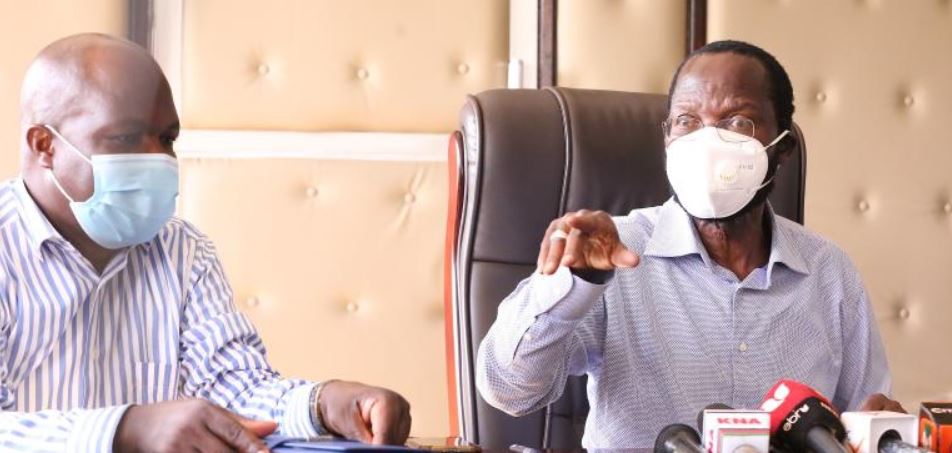×
The Standard e-Paper
Kenya’s Boldest Voice

KISUMU, KENYA: A phone vendor Mary Atieno and Grace Anyango knew their mobile phone shop was about to be demolished when they got a call at breakfast from the city authorities to vacate their premises.
Later on a Tuesday evening last year, the city bulldozers arrived to flatten everything in the name of makeshift structures on the streets of Kisumu. Theirs was among them.